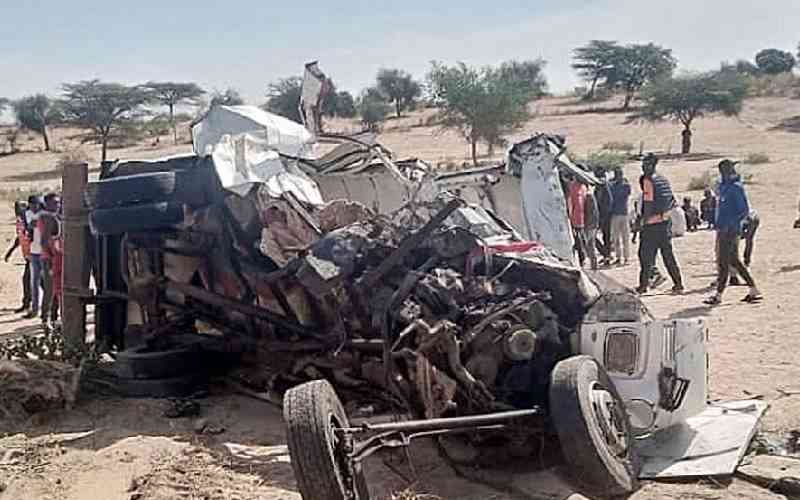
In Senegal, two major traffic crashes in just eight days killed 62 people, reviving the question of road safety standards in Senegal and across Africa. The continent is home to the highest rate of road fatalities in the world. Experts blame a dangerous mix of poor infrastructure and driver education as well as low-quality imports.
Rusted buses fill Dakar's roads at rush hour. Passengers hang off the back doors, while teenagers on rollerblades cling to the sides, dodging horse carts and unpainted speed bumps. There are no traffic lights or stop signs - cars have the right of way and pedestrians cross at high risk.